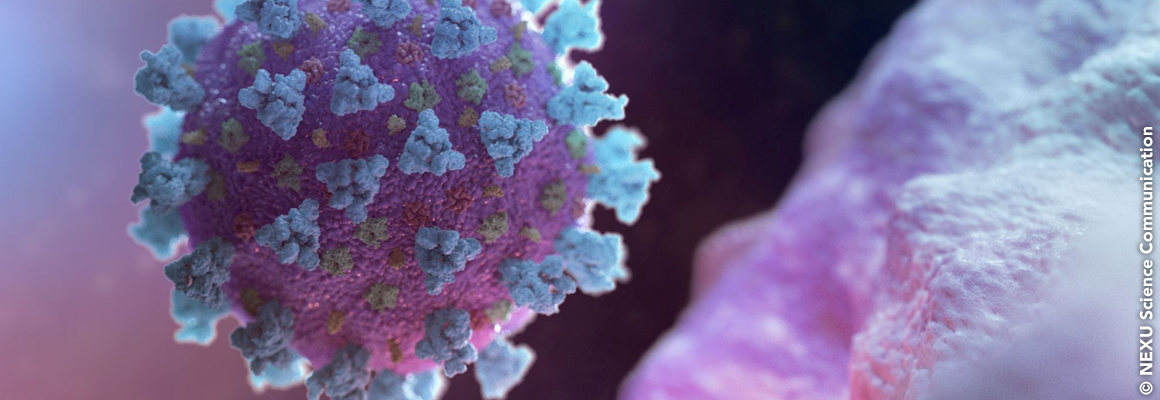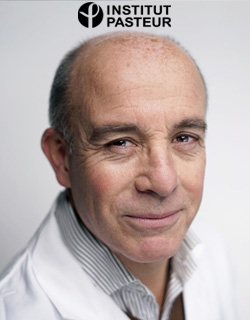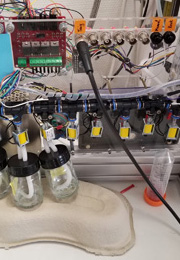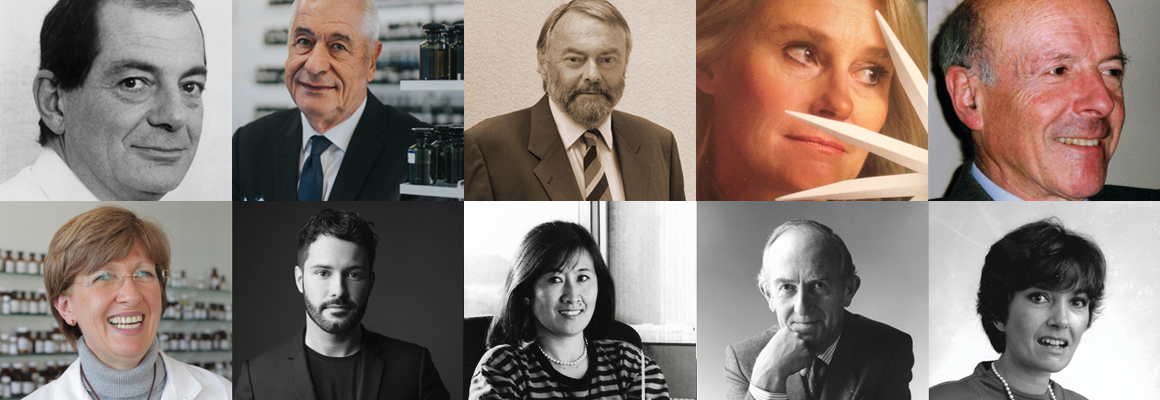Anosmia as a research track
The majority of patients suffering from COVID-19 present with fever, cough, fatigue and, especially, difficulty breathing. However, we also see additional neurological forms such as loss of taste (ageusia) and smell (anosmia) in a high number of COVID-19 patients. This may be explained by the ability of the novel coronavirus (SARS-CoV-2) to infect the olfactory sensory neurons inside the nasal cavity.
The Perception and Memory Laboratory at the Institut Pasteur, led by Professor Pierre-Marie Lledo, seeks to test the virus’ potential ability to infect the brain.
This study could shed new light on the origin of the disease by identifying premature infectious and immune mechanisms which could become targets for new therapeutic agents.
Exclusive replay of the May 12 videoconference on “The contribution of neuroscience in the understanding of Covid” – with the participation of Professor Lledo and Doctor Poivet from the Perception and Memory Unit of the Pasteur Institute for SFP perfumers. To view the full replay, please send us your request via the contact / general information form.

Perception and Memory Unit of the Institut Pasteur
Pierre-Marie LLEDO
Professor Pierre-Marie Lledo is a neuroscientist and heads the “Perception and Memory” unit at the Pasteur Institute and the “Genes and Consciousness” unit at the C.N.R.S. He is also a member of the European Academy of Sciences and the New York Academy of Sciences. An award-winning expert on brain function, he won the 2007 Grand Prix of the French National Academy of Medicine for his work on brain regeneration.
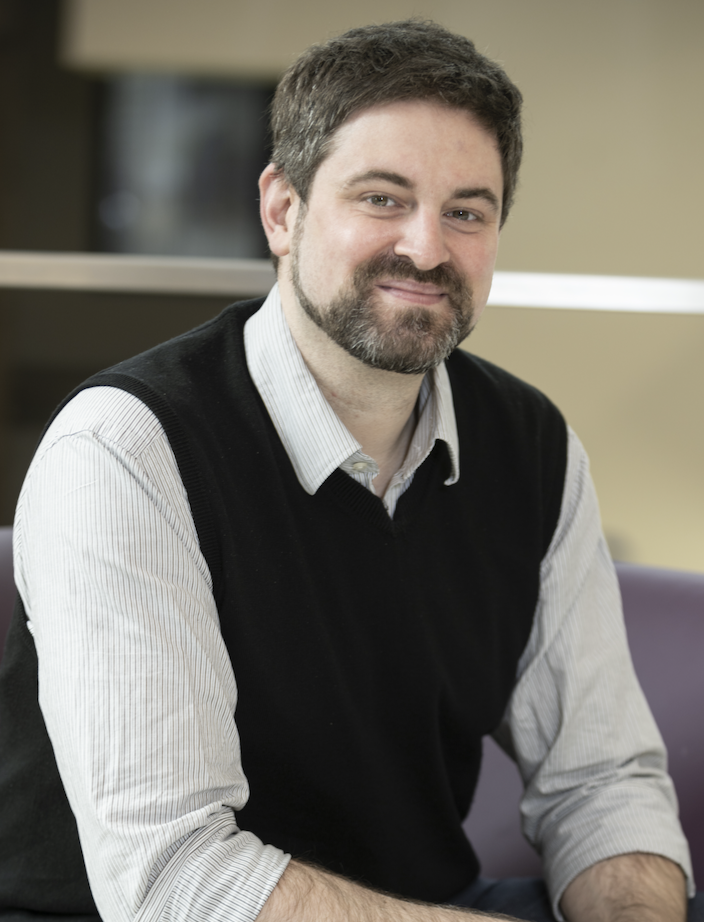
Doctor in Organismal Biology
Erwan POIVET
Erwan Poivet, Doctor in Organismal Biology, joined the Perception and Memory Unit of the Institut Pasteur in Paris, directed by Professor Lledo, at the beginning of October 2020, thanks to the sponsorship of the Per Fumum Endowment Fund. Throughout his career, his research has focused on several issues related to olfaction, in France and in the United States. It was therefore his mastery of various innovative olfactory mechanisms and his knowledge of a wide variety of fundamental research on the sense of smell that Professor Lledo added to the study by asking him to join the project.
We warmly thank our patrons for their contribution to the project, whether they wished to remain anonymous or not

